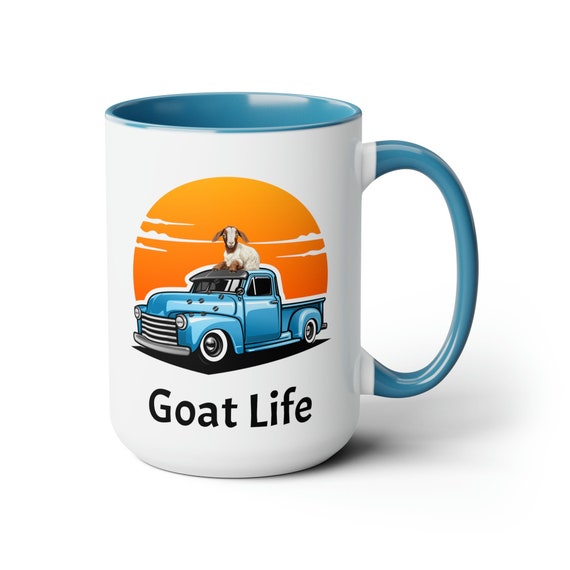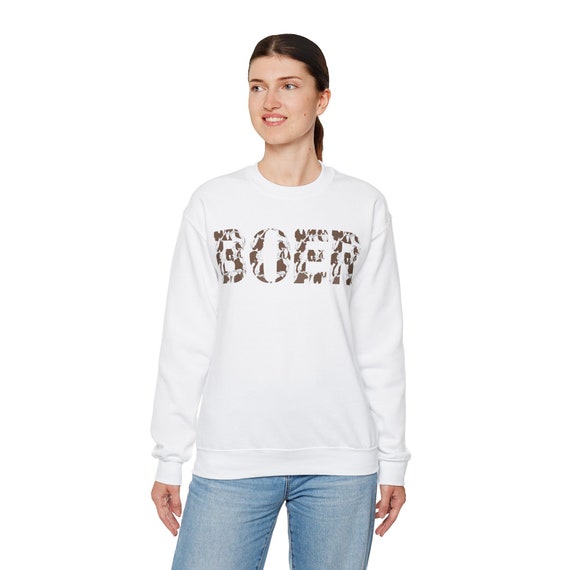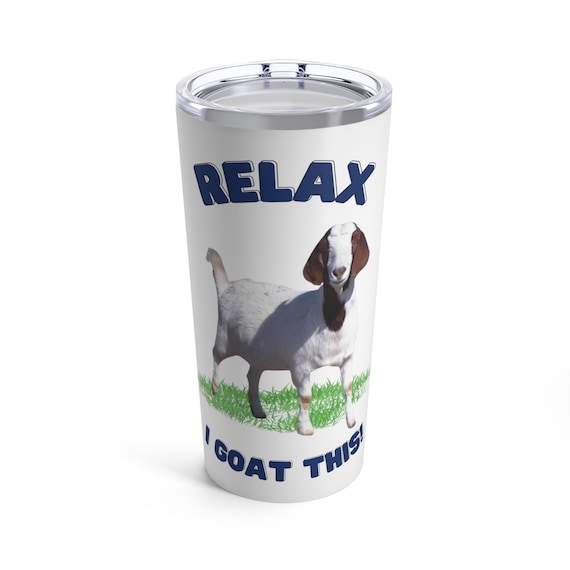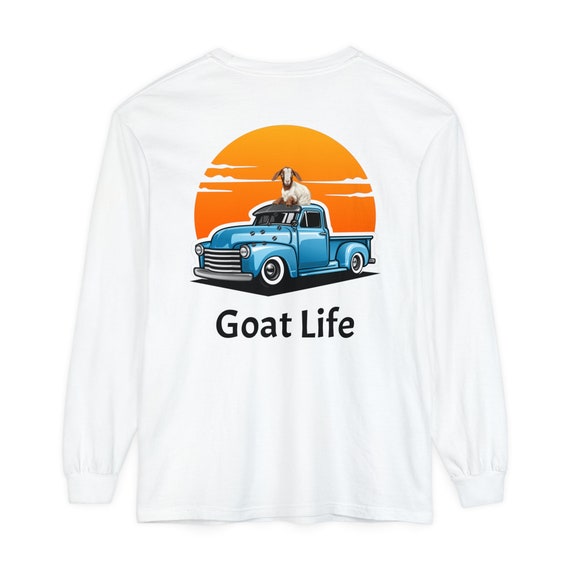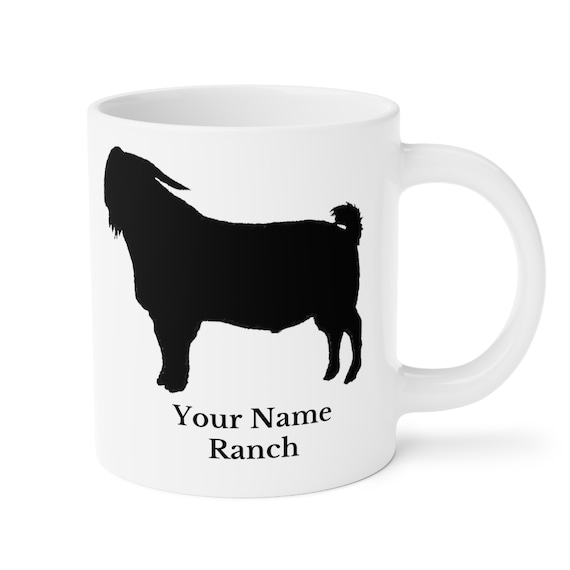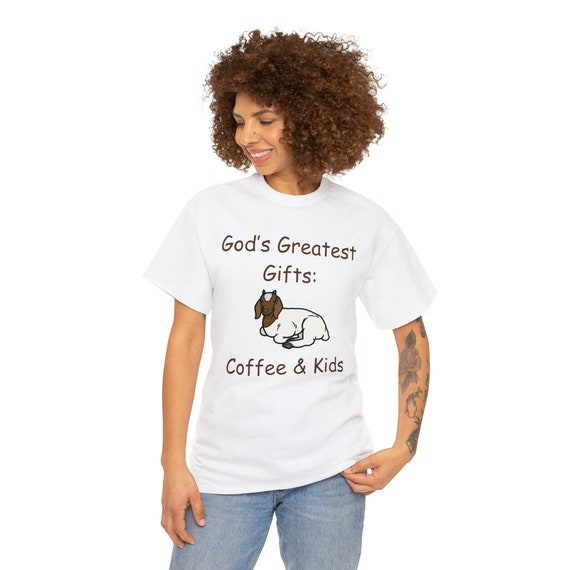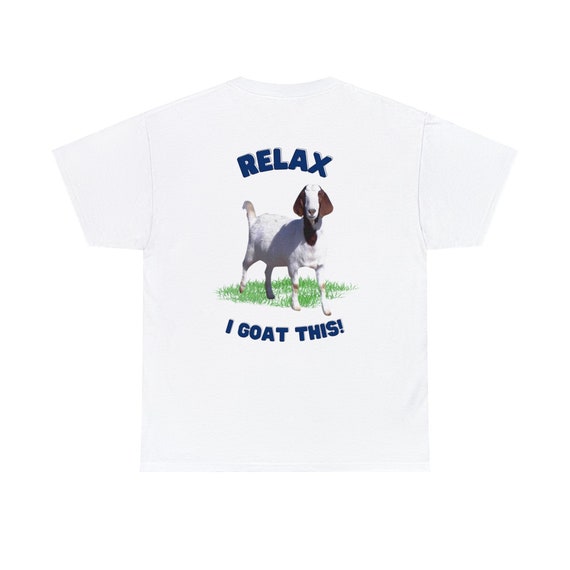Amasai is a Fermented Dairy Drink
Jordan Rubin, the creator of Beyond Organic, is using old world methods to keep his dairy products under 101 degrees so, technically raw, and killing bad bacteria with a very low heat process that is longer, to allow the bad bacteria to die off, without killing the vitamins and proteins that are in the milk. Then, he ferments it with 30 probiotics for way longer than industry standard, to develop this great product that has very low lactose (because the lactose breaks down in fermentation), very high in vitamins, Omega 3 fats, and protein. The animals are kept under humane conditions and only milked as much as their green diet and their individual systems will allow. The result? A whole milk (4.5%), kefir type of product that is supposed to be digestible by even the worst digestive tracts among us.
Beyond Organic Amasai is Certified Organic and comes from cows that are fed no grain and that are antibiotic and vaccination free.
BPA Free Bottles are biodegradable and recyclable. Amasai will be available in Milk and honey, Berry and Plain flavors. Retail Price per Bottle is $6.25, Preferred Price is $5.00
Inspired by the Traditional Recipe of Africa's Masai Tribe, Amasai contains a unique profile of true whole milk nutrients created through select heritage dairy breeding, green grazing and feeding program and old world culturing and production methods for a delicious, highly digestible, cultured dairy beverage.
 In 2004 Richard Mokua, a Wisconsin Master’s student in Food and Nutrition Sciences, studied the benefits of a traditional food of his Kenyan community, a fermented milk called “amasi.” Mokua had grown up in Kenya and observed that the children who consumed amasi were less prone to diarrhea. His observation gave him an idea for a study for his Master’s thesis, a study which leaves us with intriguing results. He hypothesized that amasi was such a powerful lactic acid probiotic that it could kill E. coli quickly. Mokua examined the ability of amasi to kill E. coli bacteria.
In 2004 Richard Mokua, a Wisconsin Master’s student in Food and Nutrition Sciences, studied the benefits of a traditional food of his Kenyan community, a fermented milk called “amasi.” Mokua had grown up in Kenya and observed that the children who consumed amasi were less prone to diarrhea. His observation gave him an idea for a study for his Master’s thesis, a study which leaves us with intriguing results. He hypothesized that amasi was such a powerful lactic acid probiotic that it could kill E. coli quickly. Mokua examined the ability of amasi to kill E. coli bacteria.
In Mokua's study, Amasi did kill the pathogen and it killed it faster than did the cultured yogurt product. In this case, the primary difference between regular commercial yogurt and the amasi was the amount of lactic acid bacteria. Lactic acid bacteria, including lactobacillus, is recognized as an important probiotic in human health and amasi happens to be loaded with it.
The lactic acid bacteria in amasi helped protect the amasi itself from an assault by pathogens. It can do the same in your gut should you draw a bad card at your dinner table and consume pathogenic bacteria.
Available in Plain, Milk and Honey and Berry flavors.
What is the benefit of Beyond Organic Amasai over yogurt?
- Green Fed Cattle - No Grain.
- Heritage Breeding brings back a genetic profile that yields wide nutrient density diversity and density.
- Made with A1 Casein free milk. Click here to learn why is this so important
- True Whole Milk is used with a higher level of fat soluble vitamins.
- Low Temperature Processing leaving the delicate proteins in their whole state.
- Over 30 Live Probiotics Cultures.
- Improved absorption of vitamins and minerals.
- Reduced cellular-level inflammation.
- Improved digestion.
- Better recovery after the use of antibiotics.
- Reduced rates of diarrhea.
- Improved immune response.
Jordan is using old world methods to keep his dairy products under 101 degrees so, technically raw, and killing bad bacteria with a very low heat process that is longer, to allow the bad bacteria to die off, without killing the vitamins and proteins that are in the milk. Then, he ferments it with 30 probiotics for way longer than industry standard, to develop this great product that has very low lactose (because the lactose breaks down in fermentation), very high in vitamins, Omega 3 fats, and protein. The animals are kept under humane conditions and only milked as much as their green diet and their individual systems will allow. The result? A whole milk (4.5%), kefir type of product that is supposed to be digestible by even the worst digestive tracts among us.

